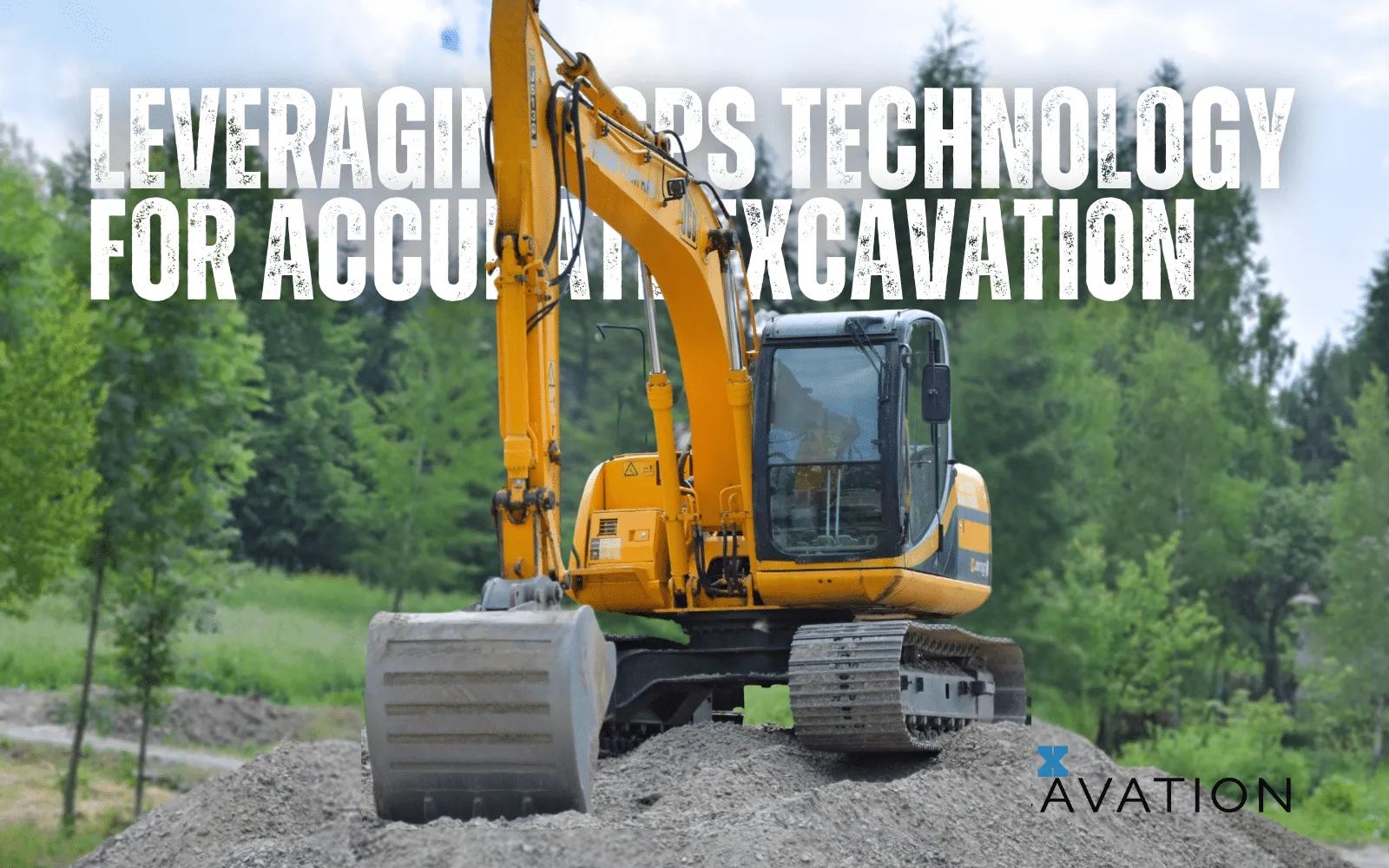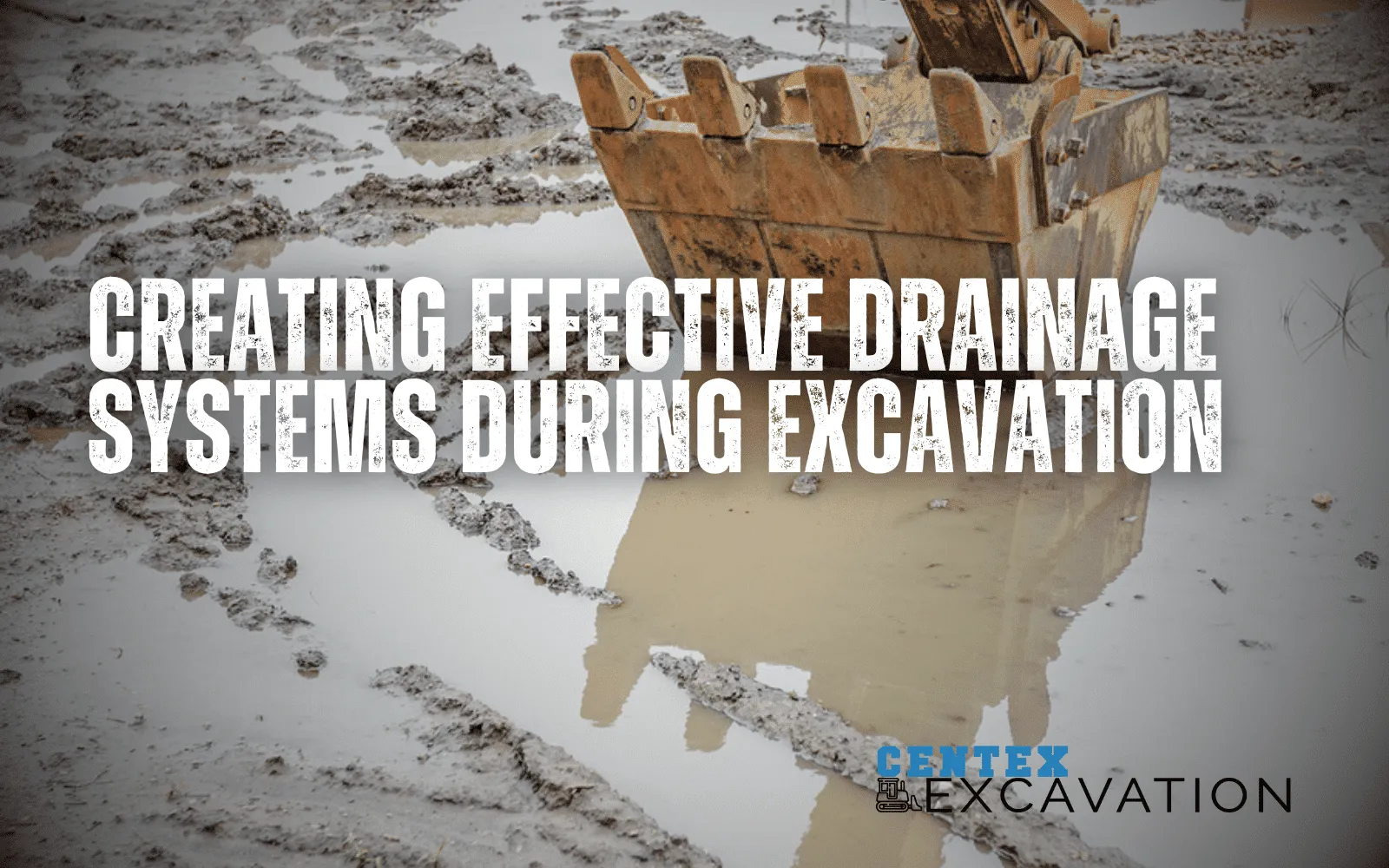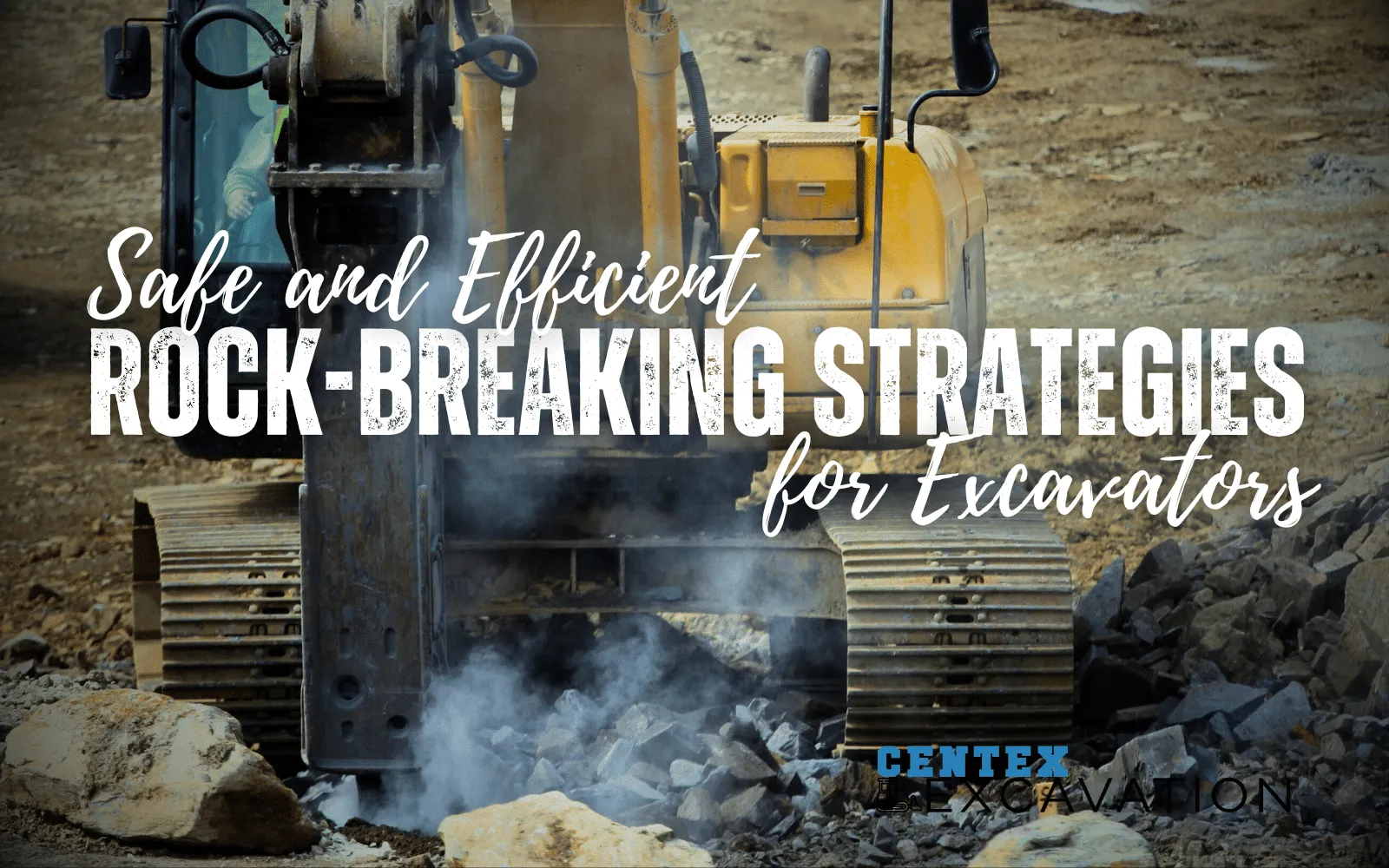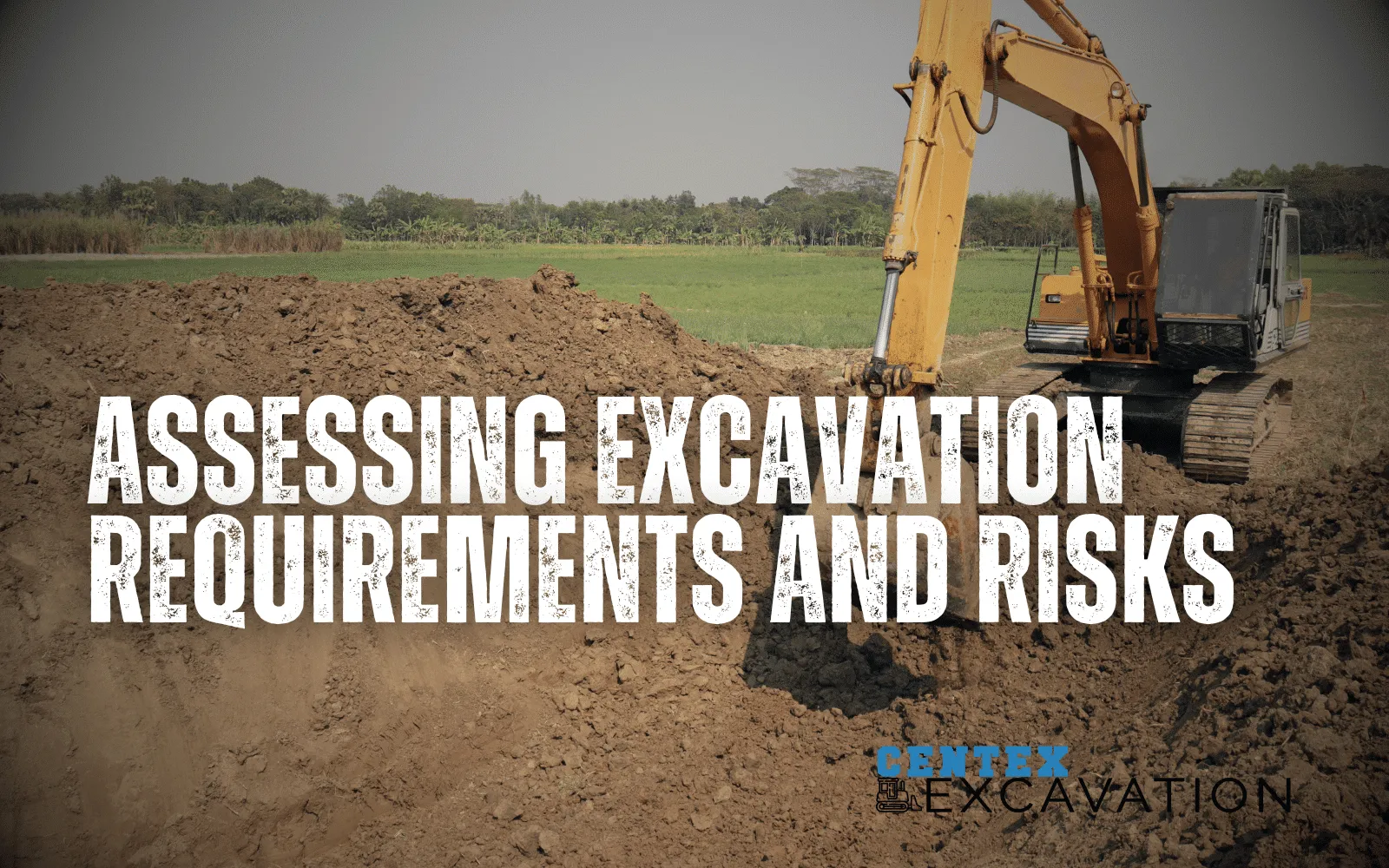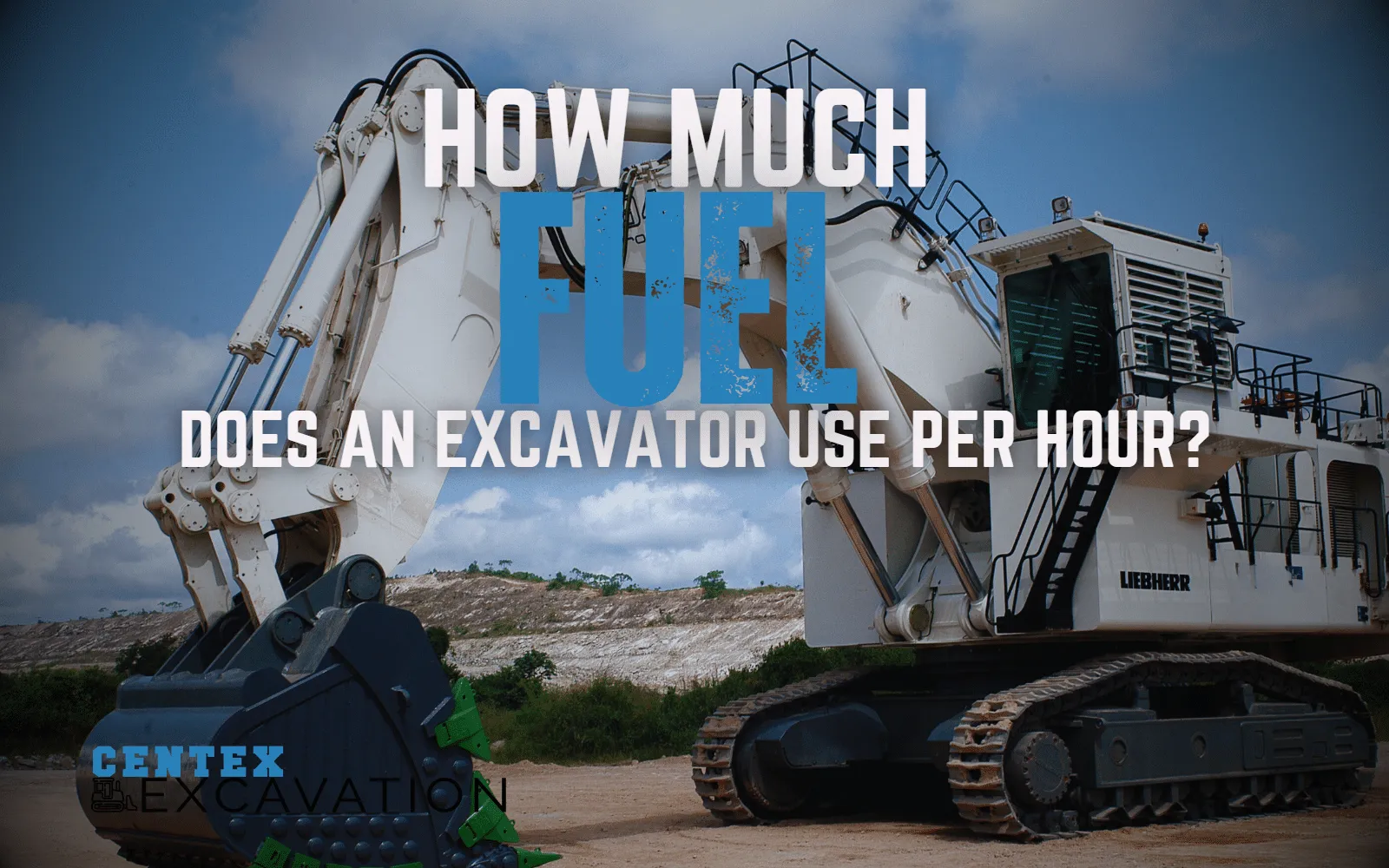How much to Charge for Mini Excavator Work?
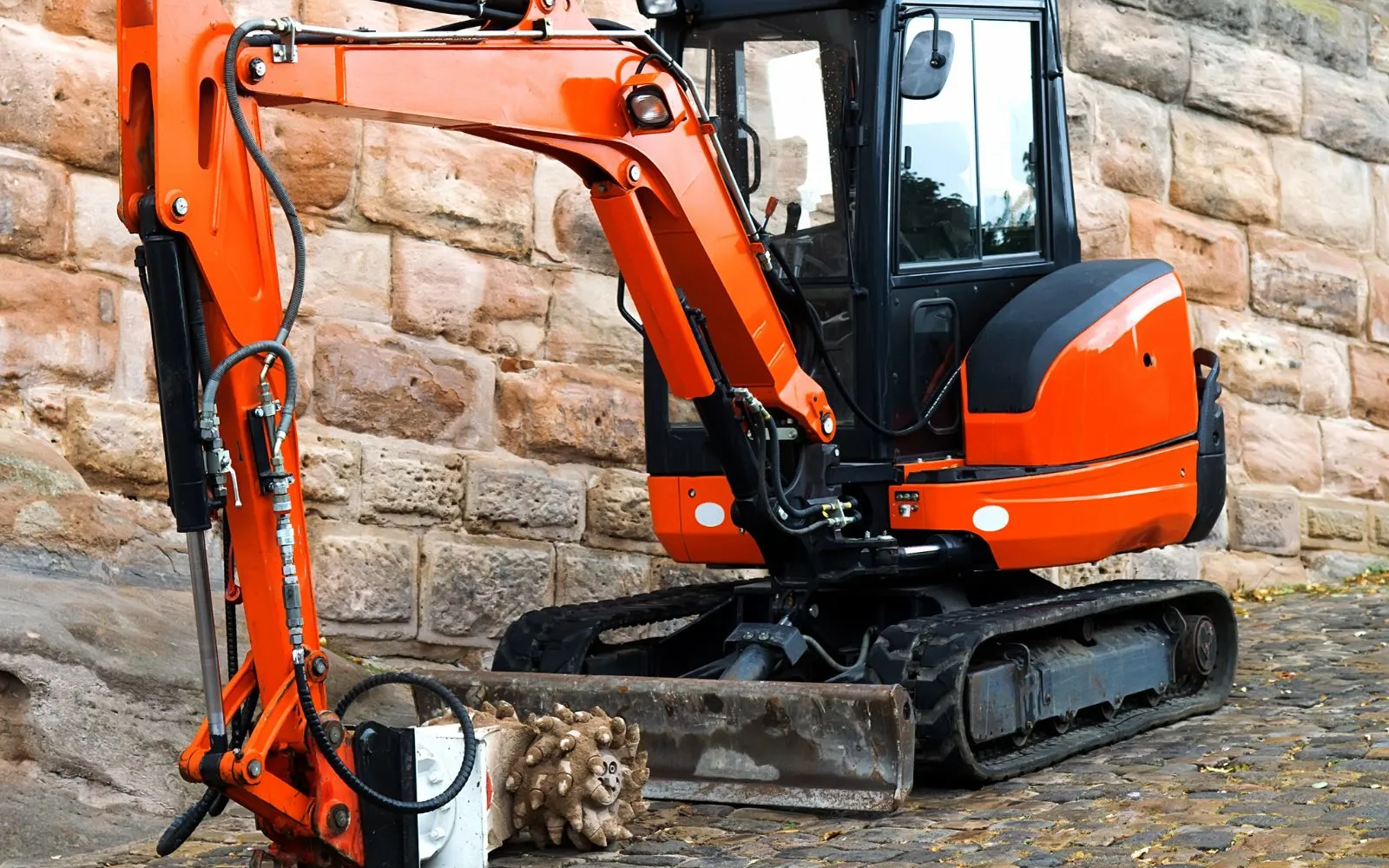
So you want to start a business by operating a mini excavator, but how much should you charge for the work?
There are a lot of factors to consider when pricing excavator services. The first thing you need to do is figure out your costs. This includes the cost of the excavator itself, fuel, labor, and other associated costs. Once you know your expenses, you can start calculating your hourly rate.
We're breaking down how to calculate your hourly rate for mini excavator services and how to price specific services.
| Cost Consideration | Description |
|---|---|
| Excavator Operating Costs | Includes the cost of the excavator itself, fuel, routine maintenance, and parts. |
| Fuel Costs | Based on fuel economy and current fuel prices. |
| Maintenance Costs | Estimated percentage of the operating costs allocated to maintenance. |
| Labor Costs | Operator's salary and benefits, or hourly rate paid to someone else. |
| Additional Costs | Dump fees, permit fees, transportation, etc. |
| Project Duration | Estimated hours plus additional time for unexpected delays. |
| Downtime | Factoring breaks or downtime needed during the day. |
| Regional Market Rates | Consideration of local market rates for similar services. |
| Adjustments | Fine-tuning of rates based on specific project requirements. |
In addition to those factors, make sure you have a provision in your contract that allows for charging for customer delays. Those aren't something you can plan for and calculate into your hourly rate, but they're something you should be prepared for as they'll cost you time and money.
Calculating your hourly rate.
The first step in calculating your hourly rate is determining your operating costs. This includes the cost of the mini excavator itself, fuel, and routine maintenance.
Think about how much you pay per month for the mini excavator or how much you're paying to rent it. Then, calculate how many hours you're using the machine based on the fuel economy, and you'll know how much to charge in fuel. Once your machine's operating costs are figured out, you can start calculating your hourly rate.
Let's say you pay $500/mo for the mini-excavator and operate it 40 hours per month. So the cost per hour for the excavator is $12.50/hr. Let's also say that you burn 2 gallons of diesel an hour, and at the current market price, that's $4/gallon, so your total fuel costs are $8 per hour. We're up to $20.50 per hour to operate the machine.
Since maintenance includes scheduled and unscheduled tasks, we must estimate the costs. For this example, we'll say it's 20% of the operating expenses, so $4.10 per hour, bringing the hourly total to $24.60.
Now we need to calculate how much money you're spending on labor. If you're running the excavator yourself, you'll need to factor in your salary and benefits. But if you're hiring someone else to run it, you'll need to calculate how much you're paying them per hour.
Since this is a skilled labor position, we'll say the average hourly rate is $50/hr. So now we're up to $74.60/hr to operate the machine. We can round the cost to $75/hr for good measure.
Using this number is an ideal base price for determining how much to charge for mini excavator work. Now let's dive into the project as a whole.
Calculating the cost of the job or project.
Now that we know how much to charge per hour, we can start to price specific services.
A lot of mini excavator work is done by the hour, so you'll need to estimate how long the job will take and multiply it by your hourly rate. But sometimes, you'll be asked to give a price for an entire job or project. In this case, you'll need to estimate how many hours the job will take and add in other associated costs like dump fees, permit fees, travel/transportation, etc.
For example, let's say you're asked to price a job that will take 10 hours to complete. You know that it will cost you $750 to operate the machine for 10 hours, so you'll need to add in the cost of any other associated fees. Let's say those fees come to $200, which would bring the job's total price to $950.
You can also add a profit margin to the total cost of the job if you want to make a bit more money. For example, you could add 10% to the total cost of the job, which would bring the price up to $1,045.
Pricing mini excavator services can be tricky, but if you take the time to figure out your operating costs and how much you need to charge per hour, you'll be in good shape. When pricing specific jobs or projects, be sure to factor in any other associated costs.
How to determine how long a job will take to complete.
Some seasoned operators can look at a job and estimate how long it will take to complete. But starting, it's best to take a more conservative approach and overestimate how long the job will take. You will only lose money if the job takes longer than expected.
A good rule of thumb is to take the number of hours you think the job will take and add 50%. So if you think a job will take 10 hours to complete, price it as if it will take 15 hours. This way, you'll be sure to cover your costs even if the job takes a bit longer than expected.
It's also important to factor in any breaks you'll need to take throughout the day. For example, you might need a 30-minute break every few hours to refuel the machine or take a lunch break. Be sure to factor these breaks into your estimate of how long the job will take.
Over time, you'll gain enough experience to estimate how long specific jobs will take accurately. Determining how long an excavation job will take is a valuable skill that can help you stay profitable. You can use this time estimate to provide a quote to potential customers accurately.
Final thoughts for charging mini excavator work.
As a professional contractor, it's essential to know how much to charge for mini excavator work. The first step is understanding your costs to set a competitive hourly rate.
Many factors go into setting rates, but by understanding your base costs and project costs, you can come up with a starting point for what to charge. Remember that there are always other factors to consider when setting rates, like regional market rates, so use this information as a starting point and adjust as needed.


